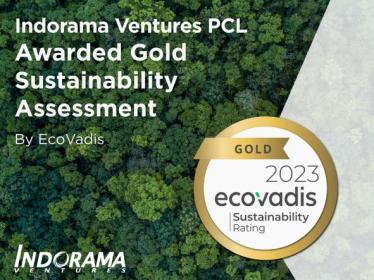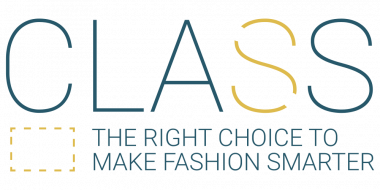Haelixa added to the Denim Deal
The steering committee for the Denim Deal has announced that Haelixa, the Swiss standard in physical traceability, is approved as a new signature. The Denim Deal is an international collaboration of more than 50 private and public sector companies united in the commitment to produce denim more circularly.
The Denim Deal aims to close the loop and achieve change in the value chain. Based in Amsterdam, the group is working towards a circular economy where textile waste no longer exists. The brand and manufacturing members pledge to work towards using 5% recycled post-consumer cotton in all future denim collections and produce 3 million denim jeans made with 20% recycled post-consumer cotton.
Coordination of the Denim Deal is led by Roosmarie Ruigrok, where the objective is to unite potential allies who have made the journey to circularity a priority. She has been working to improve sustainability in textiles for more than two decades and is an expert on enrolling the correct stakeholders to instigate change. Ruigrok states, "a circular supply chain in the textile industry is like a well-prepared machine - it ensures that every part of the production process runs smoothly, from sourcing post-consumer materials to delivering well-made finished products to customers. It not only drives efficiency and profitability but also builds trust among stakeholders and fosters sustainable practices - we welcome Haelixa who offers a trustful traceability solution."
Over the last few years, the demand for the technology in recycled denim has grown as brands are asked to validate their recycling claims. Haelixa’s unique DNA solution marks and traces fibers from the source to retail. Using DNA to mark the recycled post-consumer cotton, Haelixa substantiates claims by testing the final garment to validate that the marked waste is present.
The Denim Deal is pushing to lead the change in how denim is made. Changing the standards of operation is always challenging, and traceability is a key to authenticating recycled claims. “We are committed to promoting the use of recycled fibers through traceability and thrilled to align with this group,” said Holly Berger, Haelixa’s Marketing Director. “The goals of the Denim Deal support our vision for a circular economy.”
Haelixa AG



























